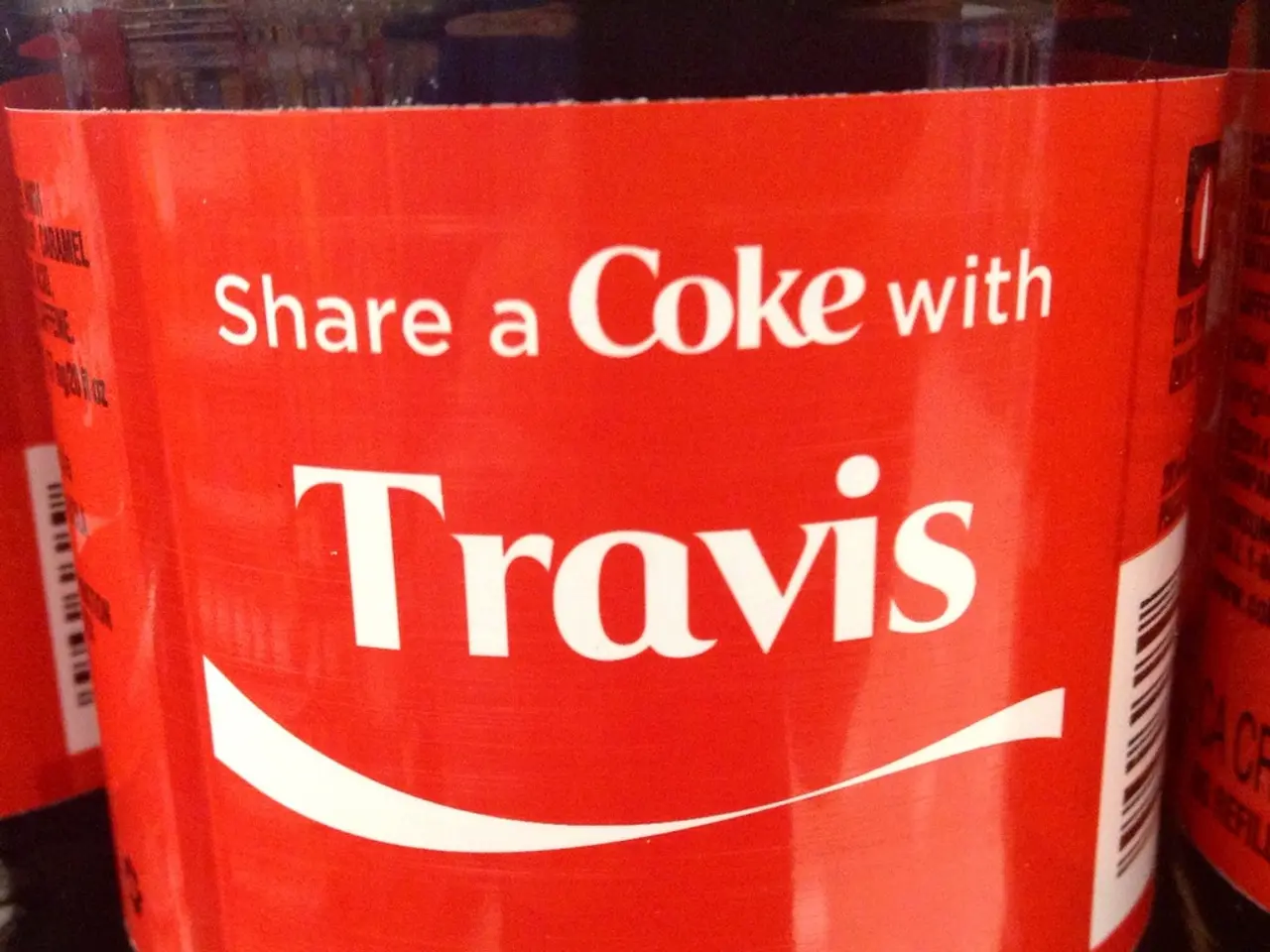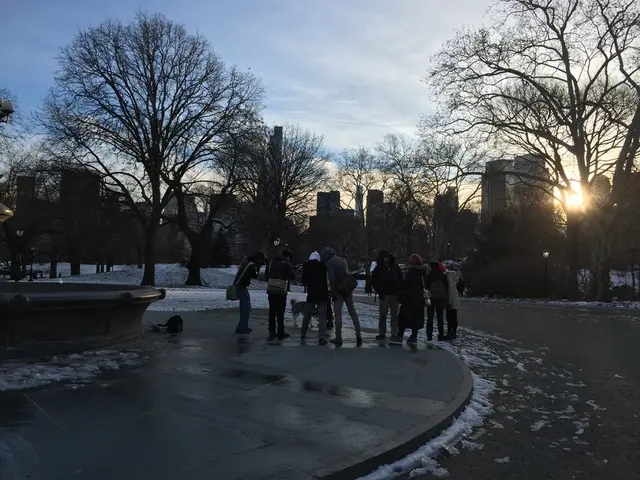U.S. authorities sought 26 alleged cartel members sought by them, transferred from Mexico under an agreement with the Trump administration.
In a significant move aimed at dismantling dangerous drug cartels, the Trump administration has secured the extradition of 26 prominent Mexican cartel leaders to the United States. Among those extradited are Abigael González Valencia, leader of the "Los Cuinis" cartel, and Roberto Salazar, accused of involvement in the 2008 killing of a Los Angeles County sheriff's deputy [1][3].
These cartel leaders are alleged to have played significant roles in trafficking drugs and perpetrating violence that affects the U.S. Some of them are linked to acts that elevate them to terrorism status under the Trump administration, which designated the CJNG as a terrorist organization [1]. The crimes they face charges for include drug trafficking, violent acts against law enforcement, and associated criminal enterprises [1][2].
Abigael González Valencia, a leader of "Los Cuinis," which finances the founding and growth of the CJNG, was among those handed over to U.S. custody [2]. Another notable figure is Servando Gomez Martinez, also known as "La Tuta," a former leader of the Knights Templar cartel [2].
The Justice Department has also charged other senior cartel figures such as Juan Jose Farias Alvarez ("El Abuelo"), Alfonso Fernandez Magallon ("Poncho"), and Luis Enrique Barragan Chavez ("Wicho / R5"), though details of their extraditions and specific crimes were part of broader anti-cartel operations extending beyond those 26 leaders [2].
Mexico's agreement to hand over these individuals reportedly included assurances that the U.S. would not seek the death penalty against them [1], facilitating the transfer and pending prosecution in U.S. courts. This decision by the Trump administration not to seek the death penalty against any of the defendants or cartel leaders sent to the U.S. in February is a significant milestone [1].
The CJNG, one of the most powerful and dangerous cartels in Mexico, is known for trafficking hundreds of tons of cocaine, methamphetamine, and fentanyl into the United States and other countries [1]. The transfers come as Mexican officials were trying to head off the Trump administration's threat of imposing tariffs on Mexican imports [2].
This is the second time in months that Mexico has expelled cartel figures accused of narcotics smuggling, murder, and other crimes [2]. The cartel figures were put on planes to the U.S. after the Justice Department agreed not to seek the death penalty against any of the defendants [1].
[1] The New York Times, "U.S. Wins Extradition of 26 Mexican Cartel Leaders," 26th February 2020. [2] The Washington Post, "Mexico sends 26 cartel leaders to U.S. amid threat of tariffs," 26th February 2020. [3] Los Angeles Times, "Mexico extradites drug lord Abigael Gonzalez Valencia to the U.S.," 26th February 2020.
- The extradited cartel leaders, including Abigael González Valencia and Servando Gomez Martinez, are facing charges related to drug trafficking, acts of violence against law enforcement, and criminal enterprises, as part of the Trump administration's war on dangerous drug cartels like the CJNG.
- The Trump administration's decision to not seek the death penalty against the extradited cartel leaders, such as Juan Jose Farias Alvarez, Alfonso Fernandez Magallon, and Luis Enrique Barragan Chavez, is a significant milestone in U.S. politics and general-news, as it facilitated the transfer and pending prosecution of these individuals.








